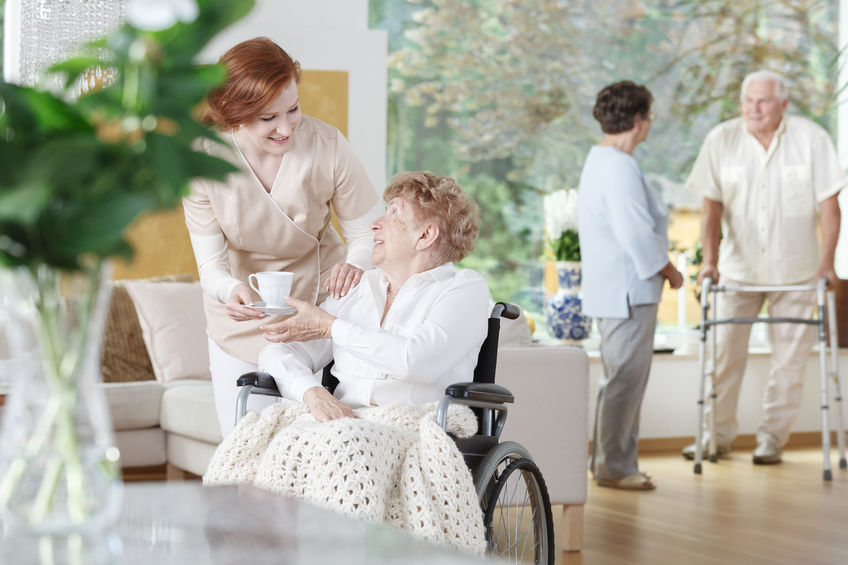Not All Florida Nursing Homes Are Generator Compliant
March 6, 2020 | Category: Nursing Home Neglect/Abuse | ShareIn a December 2019 article, the Daytona Beach News-Journal reported that Florida’s nursing homes are still not 100 percent compliant with the Emergency Power Plan Generator Rule.
 The rules require nursing homes to have backup generators and fuel on site within 24 hours after Florida’s governor declares a state of emergency for counties in a storm’s path. Generators must keep residents cool for 96 hours when there is a declared emergency. The Emergency Power Plan Generator Rule went into effect in 2017 following the deaths of residents in a Broward County nursing home.
The rules require nursing homes to have backup generators and fuel on site within 24 hours after Florida’s governor declares a state of emergency for counties in a storm’s path. Generators must keep residents cool for 96 hours when there is a declared emergency. The Emergency Power Plan Generator Rule went into effect in 2017 following the deaths of residents in a Broward County nursing home.
State data shows that at the end of the 2019 hurricane season, less than half of Florida’s nursing homes and/or assisted living facilities had state and local approvals needed to be deemed fully compliant with the mandate.
While many agree that the permitting and approval process is laborious, Mary Mayhew, secretary of the Agency for Health Care Administration, told lawmakers in September 2019 that she hesitates to continue approving variances to extend a facility’s time to become compliant.
Ms. Mayhew reiterated that sentiment in a recent statement to the News Service of Florida: “The agency’s goal is full compliance. Facilities that fail to come into compliance will be held accountable.”
According to Florida statistics, the state has 696 nursing homes with a combined total of approximately 83,889 beds. About 49 percent, or 336, of nursing homes, are compliant with the generator and backup fuel requirements. Another 41 percent of nursing facilities, or 284 homes, have obtained variances from the Agency for Health Care Administration,
The Emergency Power Plan Generator Rule says that to obtain a variance, a nursing home facility must prove to the state of Florida that it either has a temporary generator onsite, can have a generator delivered or has a full evacuation plan in case of a declared emergency.
Eleven percent of the beds in nursing homes/assisted living facilities did not have permanently installed generators nor did they have variances from the law.
“When looking for a nursing home or assisted living facility for a loved one, be sure to ask to see a state certificate of compliance with the new Emergency Power Plan Generator Rule. Doing so could save a loved one from injury or death,” said Fort Myers Nursing Home Abuse Lawyer Randall Spivey of Spivey Law Firm, Personal Injury Attorneys, P.A. “We represent people involved in numerous types of personal injury and wrongful death accidents throughout the state of Florida. All of our clients have unique personal injury cases, and our firm provides personal contact and communication along with aggressive representation. We are available to assist you 24/7.”
Fort Myers Nursing Home Abuse Lawyer Randall L. Spivey is a Board Certified Trial Attorney – the highest recognition for competence bestowed by the Florida Bar and a distinction earned by just one percent (1%) of Florida attorneys. He has handled over 2,000 personal injury and wrongful death cases throughout Florida. For a free and confidential consultation to discuss your legal rights, contact Spivey Law Firm, Personal Injury Attorneys, P.A., in Lee County at 239.337.7483 or toll- free at 1.888.477.4839, or by email to Randall@SpiveyLaw.com. Visit SpiveyLaw.com for more information. You can contact Spivey Law Firm, Personal Injury Attorneys, P.A.in Charlotte County at 941.764.7748 and in Collier County at 239.793.7748.

